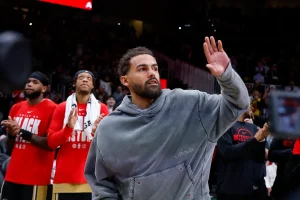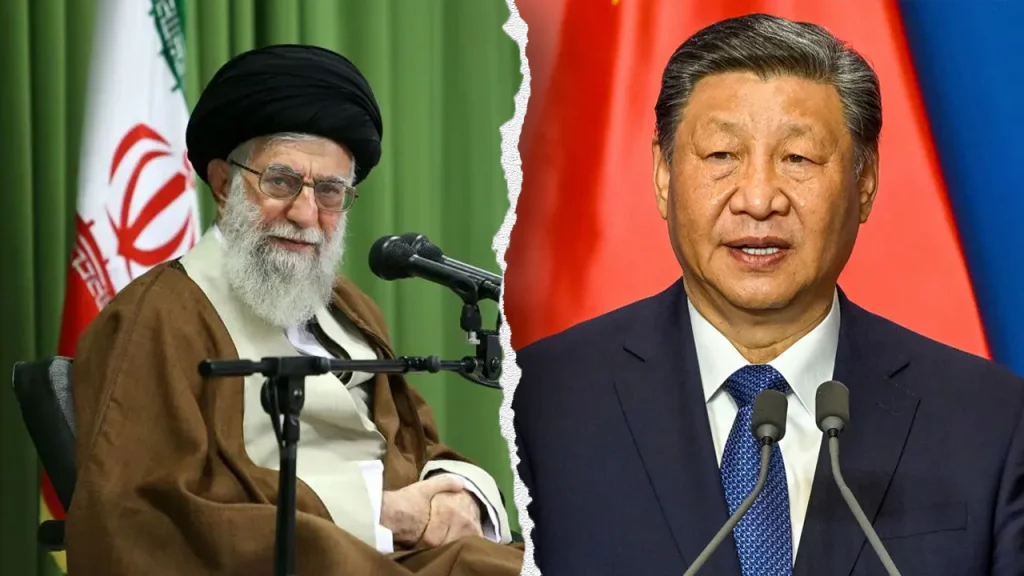UN Human Rights Council Draws Criticism for Including Iran and China on Advisory Committee
The United Nations Human Rights Council has sparked significant controversy with its recent appointment of representatives from Iran and China to its advisory committee. This decision, made without a formal vote, has led many human rights advocates to question the council’s commitment to its foundational principles. Critics argue that placing officials from countries with well-documented human rights violations in positions of influence fundamentally undermines the council’s legitimacy and purpose. The appointments come at a time when both Iran and China face serious international scrutiny over their treatment of minorities, political dissidents, and basic freedoms.
The reaction from human rights organizations has been swift and pointed. Hillel Neuer of UN Watch described the appointments as “an inversion of human rights” and “a stain on the United Nations itself.” The criticism stems from the stark contrast between the council’s stated mission and the human rights records of the two nations now represented on its advisory committee. China has been accused of genocide against Uyghurs in Xinjiang, with Freedom House consistently ranking it among the countries with the lowest scores for political rights and civil liberties globally. Similarly, Iran’s record includes violent crackdowns on women’s rights protesters, enforced religious dress codes, and systematic persecution of dissidents. These realities make the appointments particularly troubling for those who believe the council should represent the highest standards of human rights protection.
The United States’ relationship with the council reflects these concerns. In February, the Trump administration withdrew from the body, with the former president warning that it was losing credibility. This withdrawal represents the culmination of longstanding American frustrations with the council’s approach to human rights issues. Many former U.S. officials and foreign policy experts have suggested that the council has transformed from an organization designed to protect human rights into one that often shields violators from accountability. This criticism isn’t solely partisan, as both Republican and Democratic administrations have expressed concerns about the council’s effectiveness and focus over the years.
Personal accounts from human rights activists provide a sobering perspective on the appointments. Lawdan Bazargan, who personally experienced imprisonment in Iran for political dissent, pointed out that Iran’s representative Afsaneh Nadipour has consistently defended the regime’s positions rather than human rights principles. According to Bazargan, during Iran’s Women, Life, Freedom protests, Nadipour dismissed international support for Iranian women as “politically motivated” while representing a government that forces religious dress codes and imprisons women’s rights advocates. Similarly, China’s representative Ren Yisheng has a career history of defending his country’s human rights violations, particularly concerning Tibet and Xinjiang. These personal histories raise serious questions about whether these individuals can genuinely contribute to advancing human rights globally.
The implications of these appointments extend beyond symbolic concerns. Foundation for Defense of Democracies senior fellow Orde Kittrie described the elections as “a disgraceful indication” that the council has become a mechanism for distracting attention from the world’s worst human rights violators rather than addressing their abuses. This transformation represents a fundamental challenge to the post-World War II human rights framework, which was built on the premise that certain rights are universal and should be protected regardless of national sovereignty claims. When nations with extensive records of human rights violations gain positions of influence within human rights bodies, it creates a situation where the foxes are guarding the henhouse—potentially undermining decades of progress in establishing global human rights standards.
The controversy highlights a broader tension in international organizations between inclusivity and adherence to principles. Supporters of the UN system often argue that keeping all nations engaged, even those with problematic records, is essential for dialogue and incremental progress. Critics counter that allowing human rights violators to shape human rights standards fundamentally compromises the moral authority of these institutions. As the United Nations faces growing skepticism about its effectiveness in addressing global challenges, these appointments may further erode public confidence in international governance structures. With neither the UN Secretary General nor the High Commissioner for Human Rights immediately responding to requests for comment, the organization appears reluctant to address the criticism directly—leaving open questions about how it reconciles these appointments with its stated commitment to universal human rights protection.














